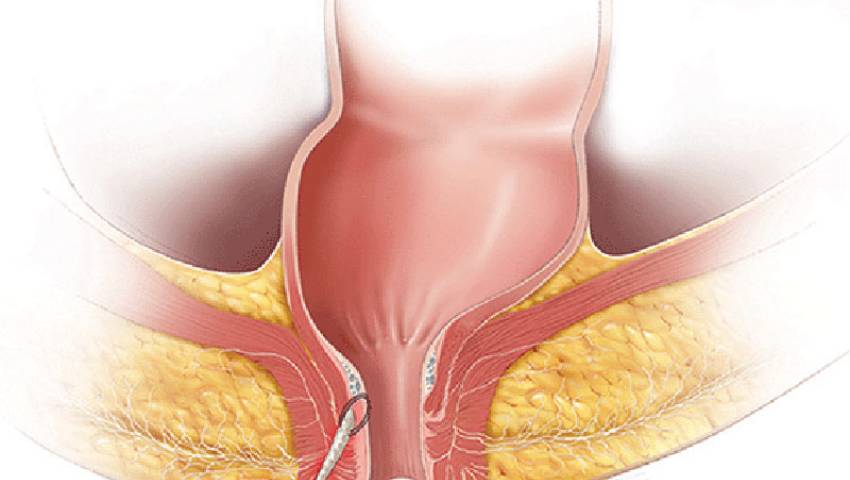Fistulas, while not usually talked over, can pose serious pitfalls if left untreated. Understanding what fistulas are, the accessible treatments, and the implicit complications of neglecting them is essential for maintaining optimal health and well- being. In this blog post, we will explore the implicit consequences of delaying treatment for a fistula. Dr. N. S. Babu, best gastroenterologist in Hyderabad, emphasizes the significance of timely medical concentration for this condition.
What are Fistulas?
Fistulas are unique tubes or connections that connect two organs or one organ to the skin. They can damage the reproductive system, urinary tract, and digestive tract, among other parts of the body.
Treatments:
Fistula treatments generally involve a combination of drugs, drainage procedures, and surgery. Medications similar as antibiotics may be specified to manage infections. Drainage procedures, similar as seton placement or fistulotomy, help to palliate symptoms and promote recovery. In further complex cases, surgery may be necessary to close the fistula tract and prevent recurrence.
Treatment options for fistula:
Medications:
- Medications Antibiotics or immunosuppressive medicines to control infection and inflammation.
Surgical procedures:
- Fistulotomy: Cutting open the fistula tract to allow it to heal.
- Seton placement: Inserting a draining device to aid in healing.
- Fistula plug: Placing a biological material to promote closure.
- Advancement flap repair: Using nearby tissue to cover the fistula opening.
- Other interventions: Laser therapy or fibrin glue injections in some cases.
According to the colorectal surgeon in Hyderabad, Dr. N. S. Babu the specific treatment depends on the type, position, and severity of the fistula, as well as individual health factors.
Complications of Untreated Fistulas:
- Abscess Formation: Fistulas frequently develop from infected anal glands.Poor medical attention could lead to the infection spreading and painful anal abscesses. These abscesses may cause severe discomfort, redness, and swelling as side effects.
- Chronic Pain: Fistulas can effect persistent pain, especially during bowel motions.The constant vexation and inflammation of the girding tissues can affect in discomfort that interferes with day- to- day activities and reduces overall quality of life.
- Infection: Untreated fistulas are prone to intermittent infections. Bacteria can enter the fistula tract, leading to ongoing inflammation and the spread of infection to girding tissues. In severe cases, this can affect in systemic illness, containing fever, chills, and fatigue.
- Fecal Incontinence: Untreated fistulas in severe or complex cases may affect in fecal incontinence, or the incapability to control bowel movements. The regular functioning of the anal sphincter muscles may be interfered with by the actuality of a fistula, performing in mucus or falling from the anus..
- Fistula Recurrence: Without adequate treatment, fistulas are highly likely to recur. Even if initial symptoms improve, the underlying tract may not heal completely, leading to the formation of new fistulas or the reopening of previously treated ones. Recurrent fistulas often require additional surgeries and can result in prolonged discomfort and frustration for the patient.
- Fistula- Associated Fistula Tracts( FAFTs): In some cases, untreated fistulas can conduct to the evolution of complex networks of connected fistula tracts known as FAFTs. These networks can be demanding to treat and may bear numerous surgeries and dragged reclamation periods.
In conclusion, it’s imperative to instantly treat fistulas to prevent serious complications. Untreated fistulas can affect in abscess formation, chronic pain, intermittent infections, fecal incontinence, and the evolution of complex fistula networks. Consulting with Dr. N. Subrahmaneswara Babu for fistula treatment in Hyderabad and following his recommended treatment plan can assist prevent these complications and enhance overall quality of life.

